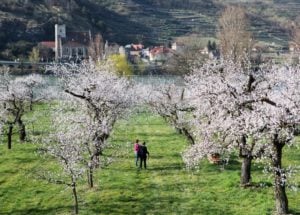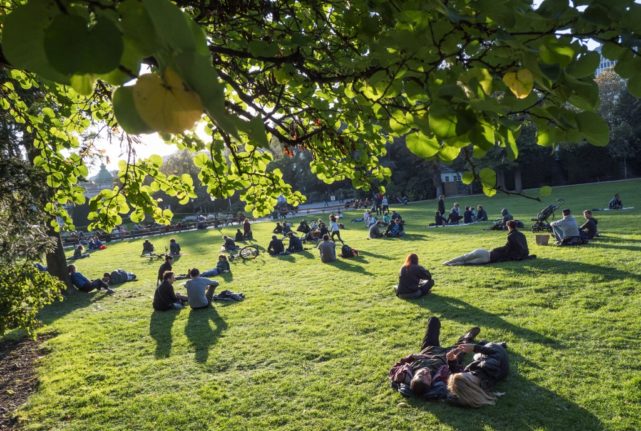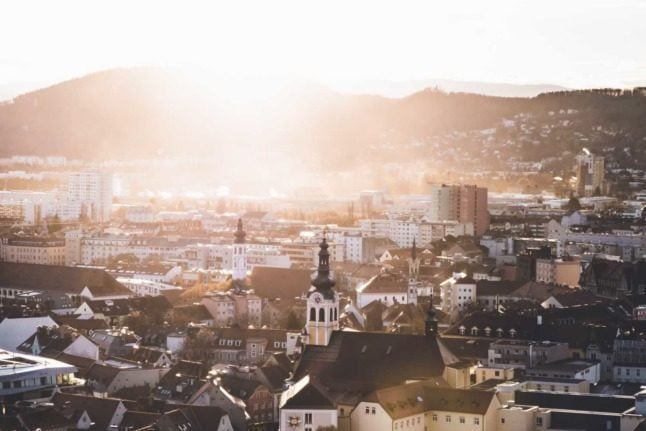Bright sunshine and summer temperatures are predicted for most of the country all weekend, with lovely weather forecast for Mother’s Day on Sunday.
It’s a significant turn after what was the coldest April in more than two decades.
The weather will be best in the west of Austria, though on Saturday morning it will be slightly frosty in some Alpine valleys. By Saturday afternoon, temperatures should be over 20 degrees in western Austria and up to 22 degrees in Vorarlberg and Tyrol up to 22 degrees.
At heights above 2000m it will still be around minus 5 to minus 2 degrees in the morning, in the afternoon around zero degrees on the Schneeberg and 6 degrees in the Ötztal Alps.
On Sunday it will be much warmer. Temperatures will reach 19 degrees in the Bernsteiner and East Styrian areas and go up to 24 degrees around Vienna.
In Vorarlberg and western Austria it could even get as warm as 28 or 29 degrees, with bright sunshine. However, it will feel cooler in Vienna, Lower Austria and Burgenland, due to brisk winds.

Coldest April since 1997
Spring has been unusually cold this year.
Broadcaster ORF reports it was the coldest April since 1997.
New records have even been set, with minus seven degrees celsius was measured at Graz Airport on April 8th and temperatures of minus 11.8 degrees Celsius recorded at Bad Mitterndorf the next day.



 Please whitelist us to continue reading.
Please whitelist us to continue reading.
Member comments